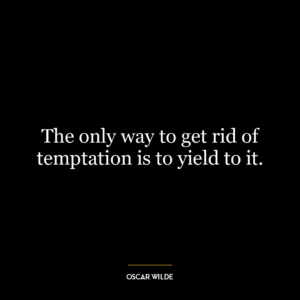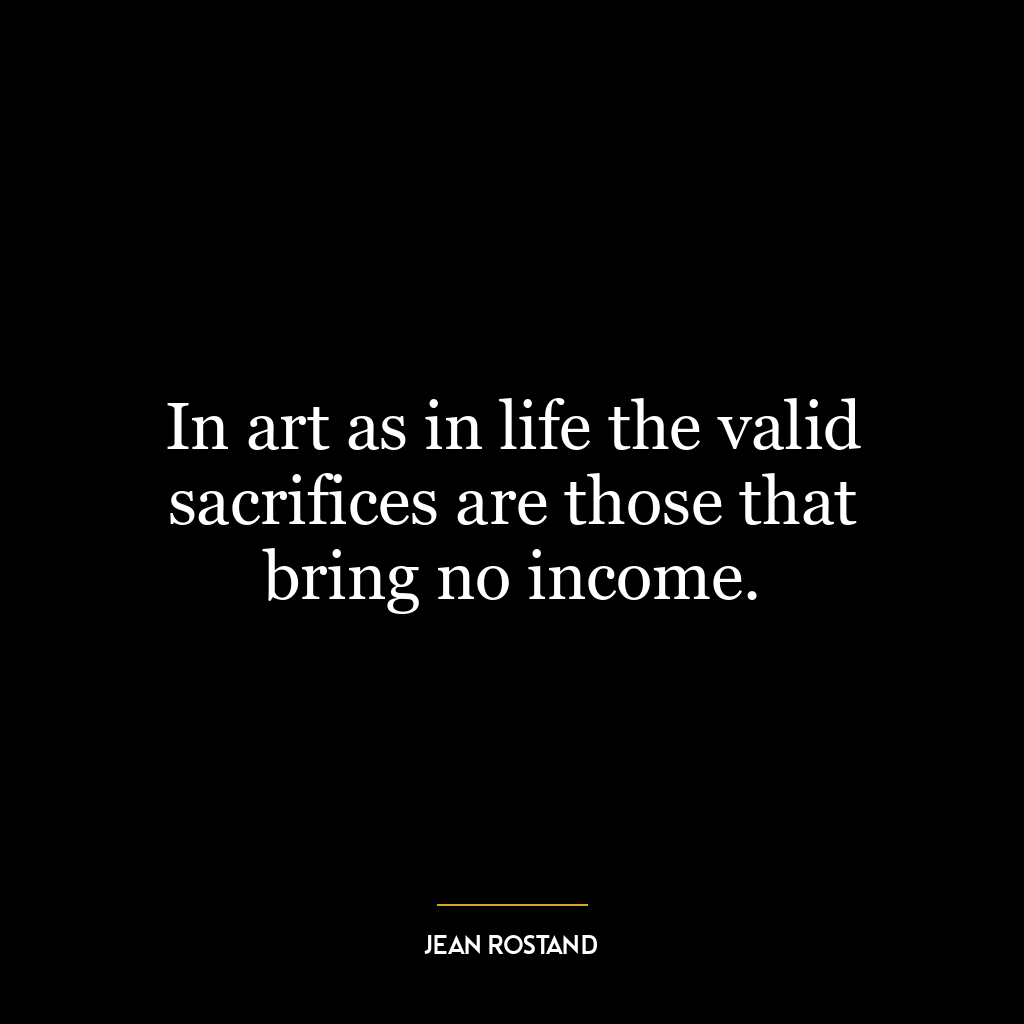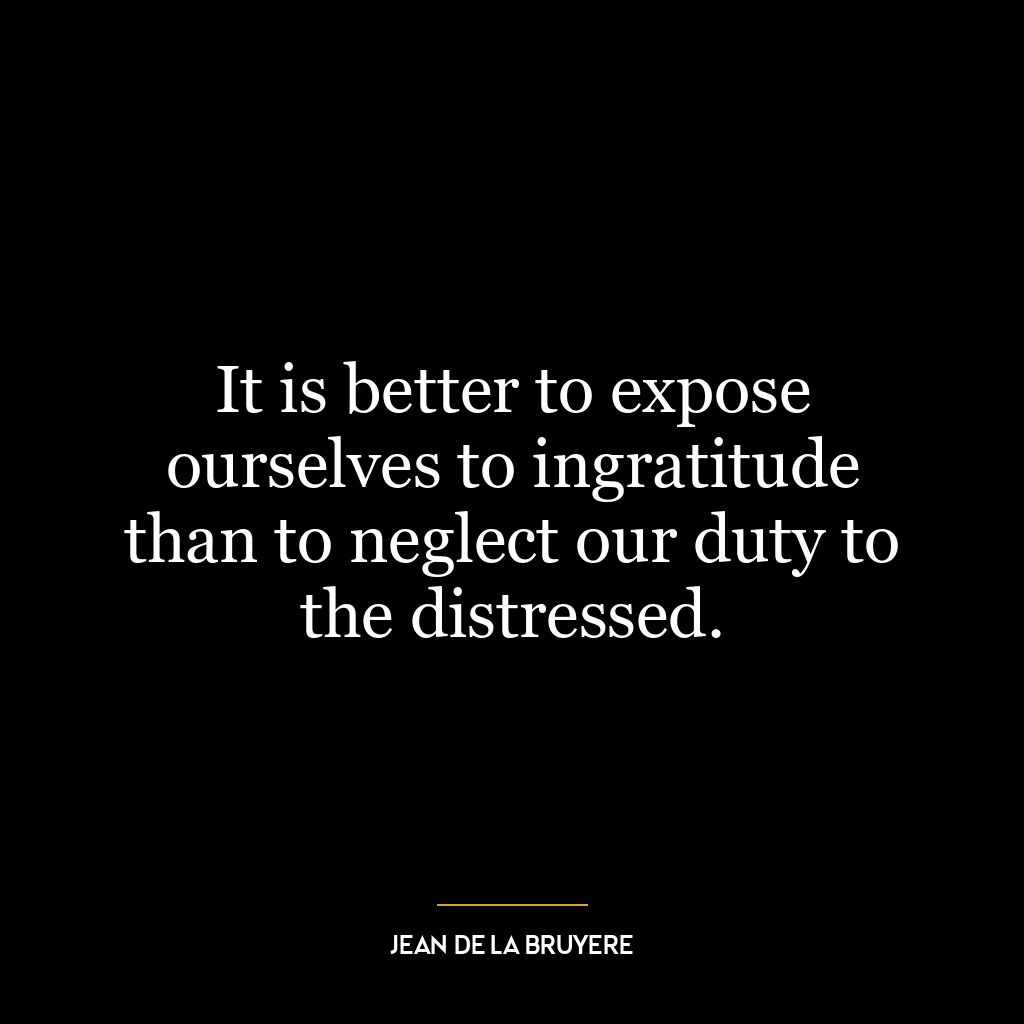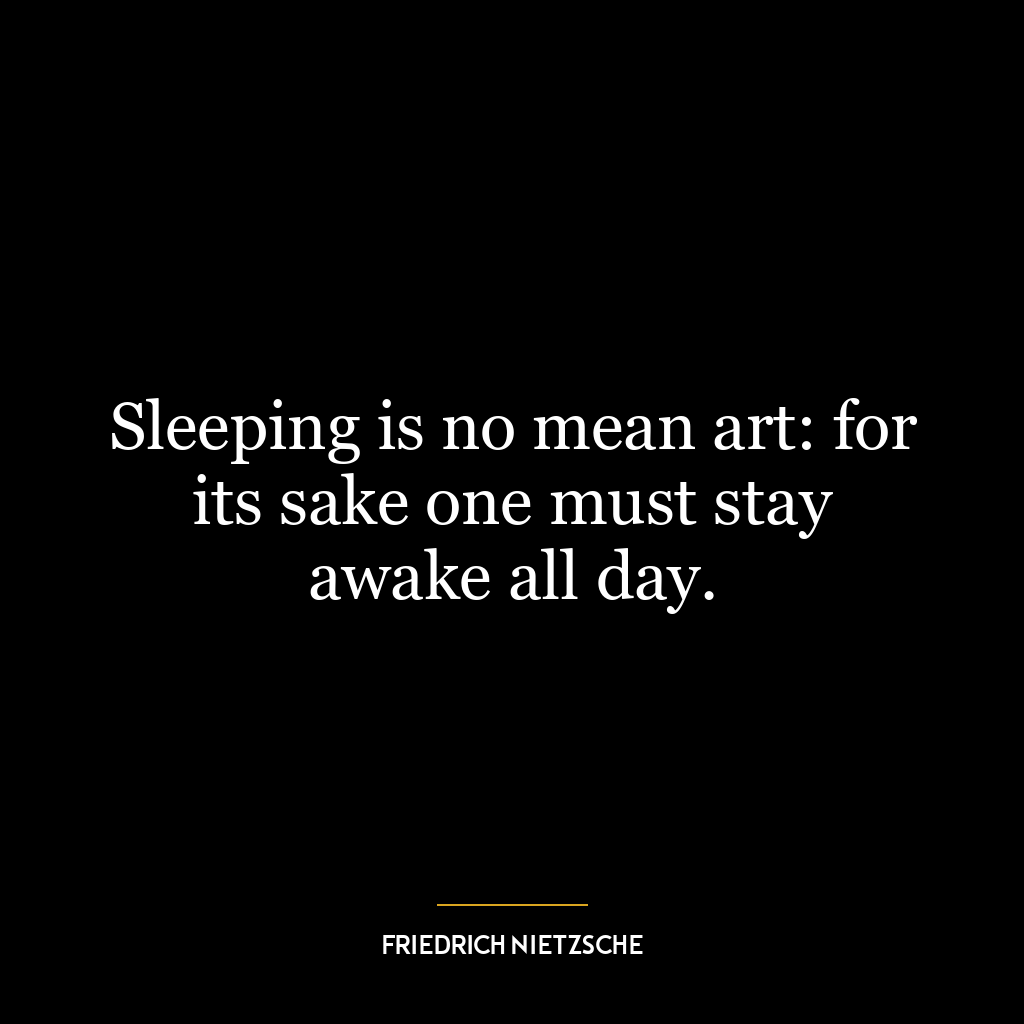An opinion is not necesarily correct just because you’re willing to die for it.
This quote emphasizes that the intensity of one’s belief in an opinion does not necessarily make it true or correct. Just because someone is willing to die for their opinion does not validate its accuracy or correctness. It underlines the difference between subjective conviction and objective truth.
In essence, it warns against the dangers of extreme conviction without critical examination. It suggests that we should always question our beliefs and not blindly follow them to the point of self-destruction. It’s a call for reason, logic, and evidence-based beliefs, rather than blind faith and fanaticism.
Applying this idea in today’s world, it has significant implications in various areas, including politics, religion, and social issues. For instance, in the realm of politics, people often hold strong opinions and are willing to go to great lengths to defend them. However, this quote reminds us that just because someone is passionate about their political beliefs, it doesn’t necessarily mean they’re correct. It encourages healthy debate, critical thinking, and open-mindedness.
In personal development, this concept can be applied to promote self-awareness and personal growth. It encourages individuals to continually question and reassess their beliefs, values, and opinions. This can lead to a deeper understanding of oneself and the world, fostering growth and development. It’s a reminder not to become so attached to our beliefs that we fail to see their potential flaws or consider alternative perspectives.
In conclusion, this quote is a reminder of the need for critical thinking, open-mindedness, and the courage to question our most deeply held beliefs. It’s a call to base our beliefs on evidence and reason, rather than blind faith or extreme conviction.











